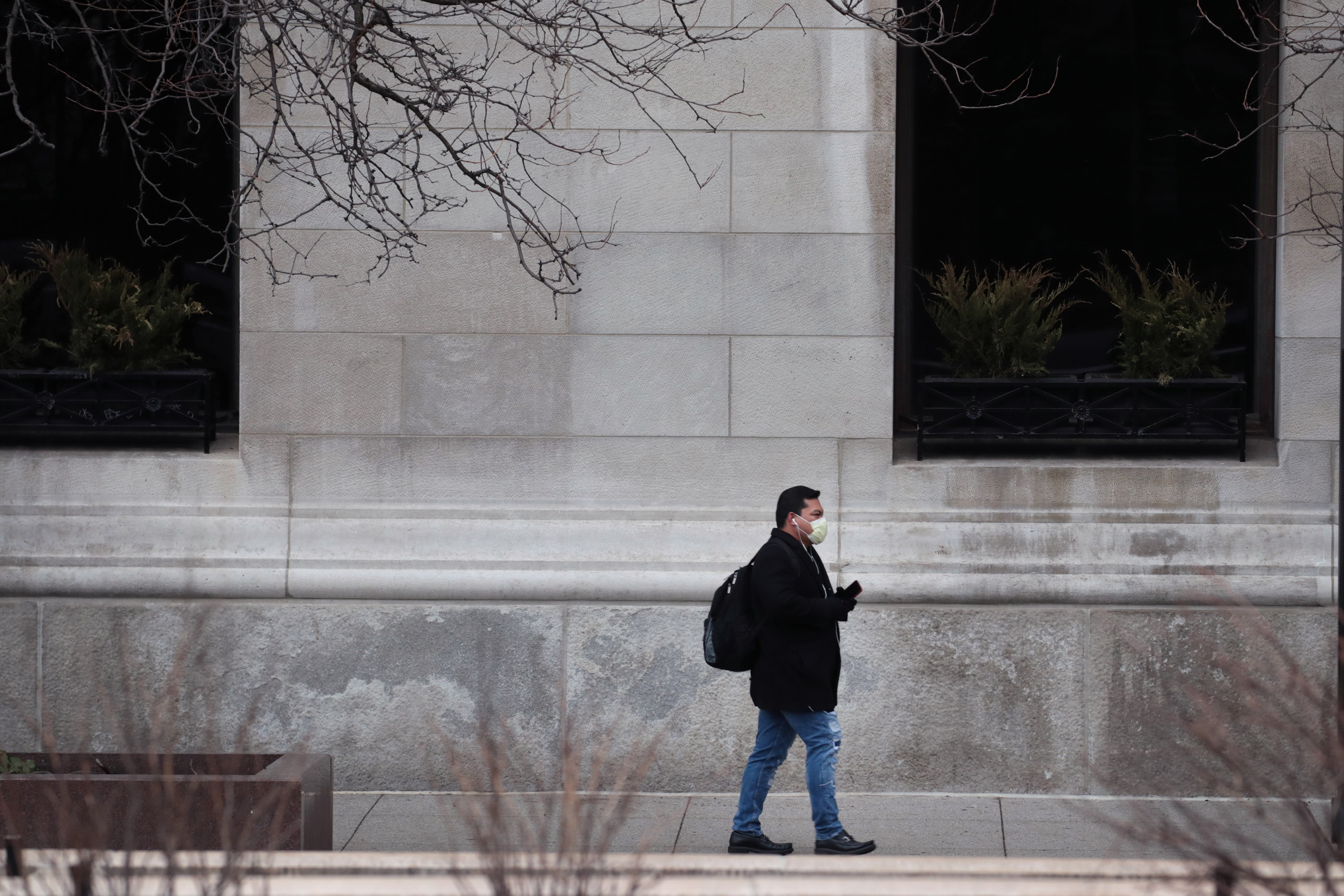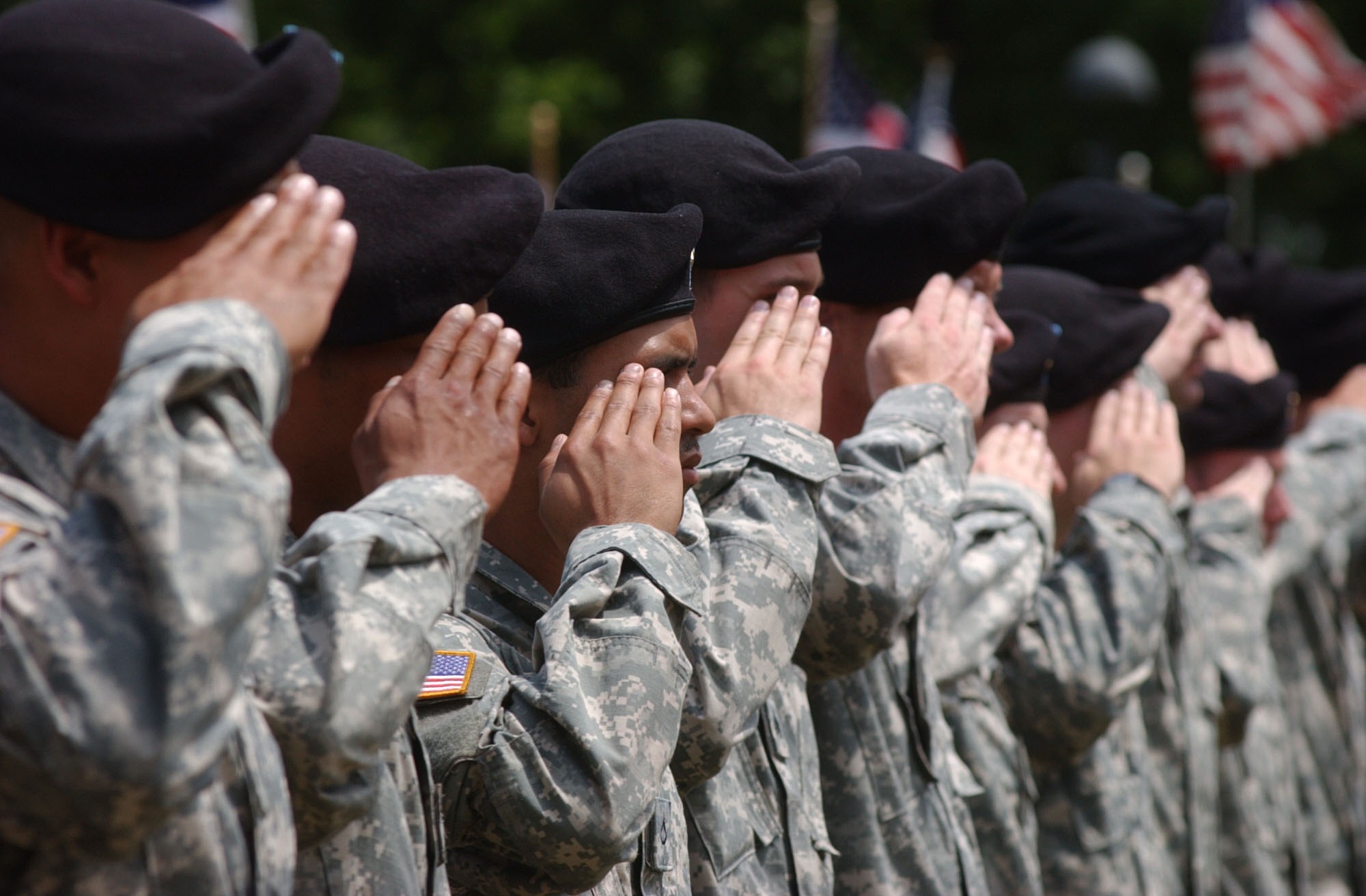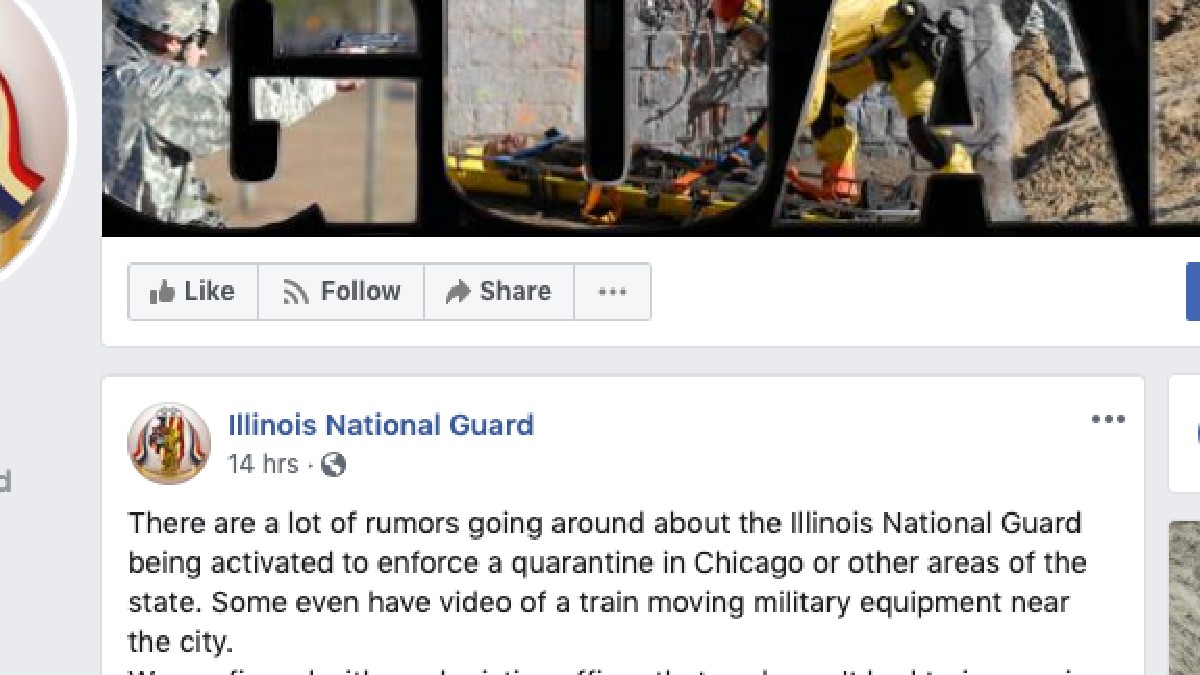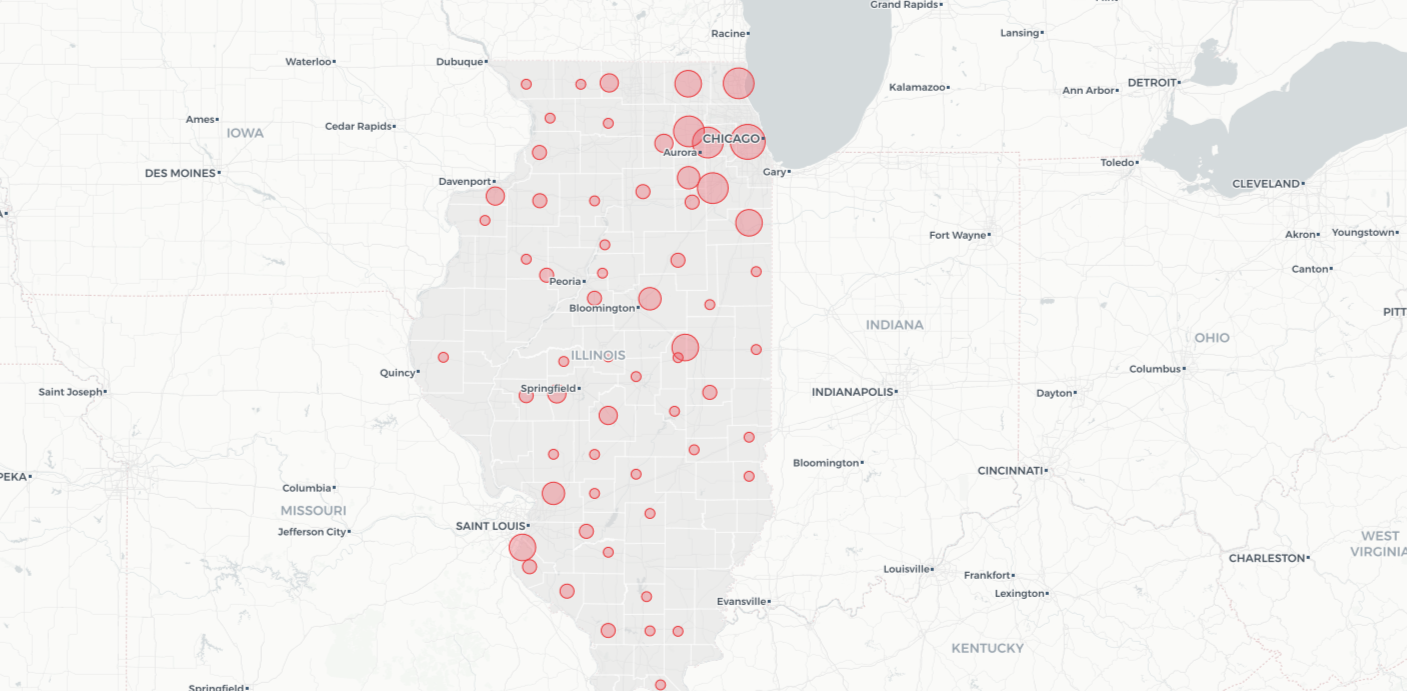Illinois Gov. J.B. Pritzker has announced a statewide stay-at-home order aimed at stopping the spread of coronavirus.
The order is expected to begin at 5 p.m. Saturday and continue until the end of April 7. Schools will also remain closed in the state until that date, Pritzker said.
"We know this will be hard and we're looking for every tool we have to get through this crisis," Pritzker said.
In addition, the governor ordered municipalities to halt all evictions and directed additional resources to help homeless residents. School districts will continue supplying meals to students who need them.
Meanwhile, all Chicago parks and libraries will be closed while the order is in effect.
"I want to say to be clear, this is not a lockdown, it's not martial law," Chicago Mayor Lori Lightfoot said. "There's absolutely no need to change your normal purchasing habits. Please, the grocery stores will remain open and stocked. So please be mindful of your neighbors and do not hoard. Remember, this is the new normal, for now."
Essentially, the order will close "non-essential" businesses that may still be open. It will determine what is deemed a "necessary industry" - such as government, grocery store employees, pharmacists, healthcare workers, daycare providers, media and several others- and what is not.
Similar orders have been issued in the U.S. and even in Illinois on a local level.
The announcement comes one day after California's governor ordered the states 40 million residents to stay home indefinitely and venture outside only for essential jobs, errands and some exercise, warning that the coronavirus threatens to overwhelm the state's medical system.
In the west Chicago suburb of Oak Park, a shelter-in-place order began Friday as the village's mayor and health officials try to stop the spread of the deadly virus. The order is in effect from 12:01 a.m. March 20 through 11:59 p.m. on April 3.
"All individuals currently living within the Village of Oak Park are ordered to shelter at their place of residence," the order reads. "To the extent individuals are using shared or outdoor spaces, they must at all times as reasonably possible maintain social distancing of at least six (6) feet from any other person when they are outside their residence."
Already, Illinois has reported five deaths among more than 580 cases with the number of confirmed diagnoses rising daily.
Though there has been no order nationwide in the U.S., Illinois' order is similar to ones implemented around the world.
In France, officials imposed nationwide restrictions on residents' movement, allowing them to leave home to buy food, go to work, or other essential tasks.
Switzerland’s government declared a state of emergency, ordering shops, restaurants, bars and other facilities shut down. The measures exclude health-care operations as well as supermarkets, but also include entertainment and leisure facilities, which will be closed until April 19.
Italy and Spain were both placed under similar orders.
In Spain, people are allowed to leave their homes only to buy food and medicine, commute to work, go to hospitals and banks, or take trips related to the care of the young and the elderly. All schools and universities were closed, along with restaurants, bars, hotels and other nonessential retail businesses.





